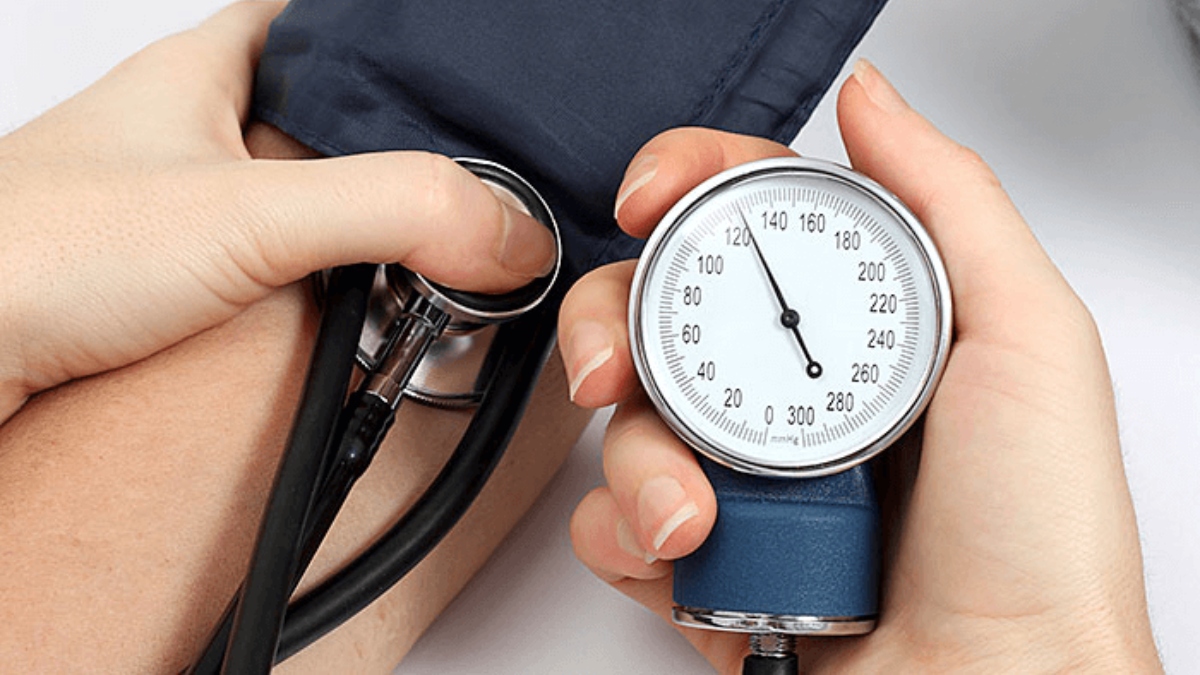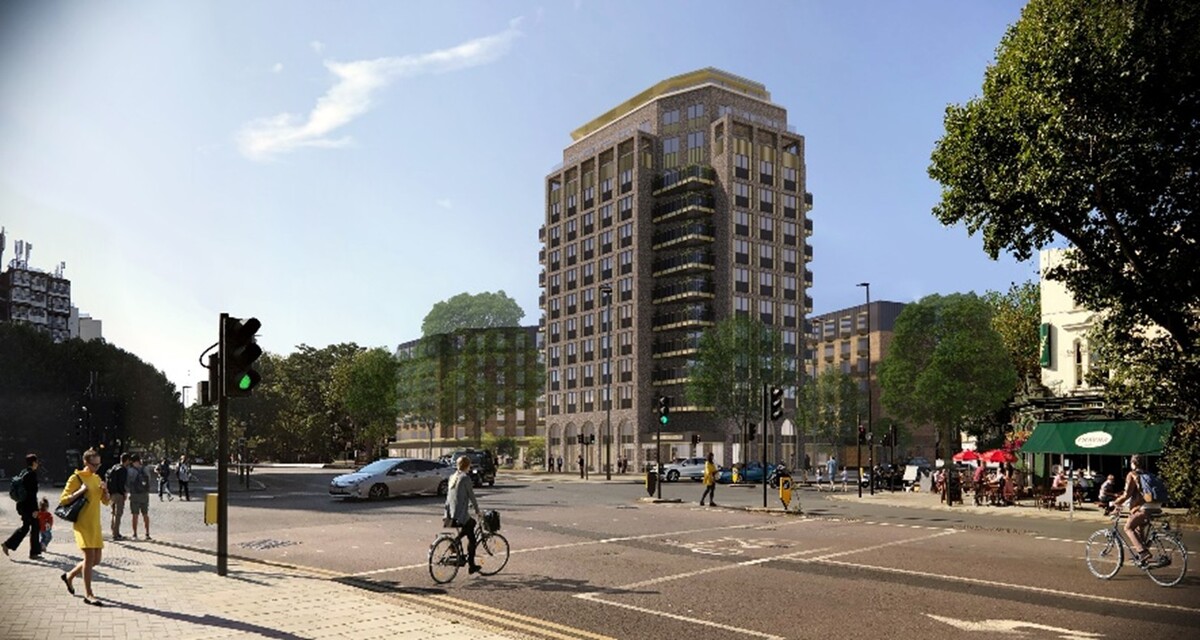5 Silent Habits Secretly Raising Your Blood Pressure (and How to Lower Them)

High blood pressure, or hypertension, is often called the 'silent killer' because it frequently has no symptoms until serious complications arise. It's a major risk factor for heart disease, stroke, kidney failure, and other life-threatening conditions. While genetics and age play a role, your lifestyle choices have a *huge* impact. Let's explore five habits that could be quietly raising your blood pressure and what you can do to counteract them.
The average American consumes far more sodium than is recommended. Processed foods, fast food, and even seemingly healthy options often contain hidden sodium. Sodium causes your body to retain water, increasing blood volume and, consequently, blood pressure. What to do: Read food labels carefully! Aim for less than 2,300 milligrams of sodium per day (and ideally, even less). Cook at home more often using fresh ingredients and herbs/spices instead of salt. Gradually reduce your salt intake to allow your taste buds to adjust.
A sedentary lifestyle is a major contributor to high blood pressure. Regular physical activity helps strengthen your heart, improve blood flow, and lower blood pressure. What to do: Aim for at least 150 minutes of moderate-intensity aerobic exercise (like brisk walking, cycling, or swimming) per week, plus strength training exercises at least twice a week. Even short bursts of activity throughout the day can make a difference.
Stress triggers the release of hormones that temporarily increase blood pressure. Chronic stress, however, can lead to consistently elevated blood pressure. What to do: Incorporate stress-reducing techniques into your daily routine, such as meditation, yoga, deep breathing exercises, or spending time in nature. Prioritize sleep and find healthy ways to cope with stress, like talking to a friend or therapist.
While moderate alcohol consumption *may* have some limited benefits for some individuals, excessive drinking can significantly raise blood pressure. What to do: If you drink alcohol, do so in moderation: up to one drink per day for women and up to two drinks per day for men. Consider reducing or eliminating alcohol altogether if you have high blood pressure.
Smoking damages blood vessels and raises blood pressure immediately. It also increases the risk of other cardiovascular diseases. What to do: Quit smoking! This is the single best thing you can do for your overall health, including your blood pressure. There are many resources available to help you quit, so don't hesitate to seek support.
Managing your blood pressure is an ongoing process. By making small, sustainable changes to your lifestyle, you can significantly reduce your risk of cardiovascular disease and improve your overall well-being. Consult with your doctor to monitor your blood pressure and discuss any concerns you may have. Your heart will thank you!






